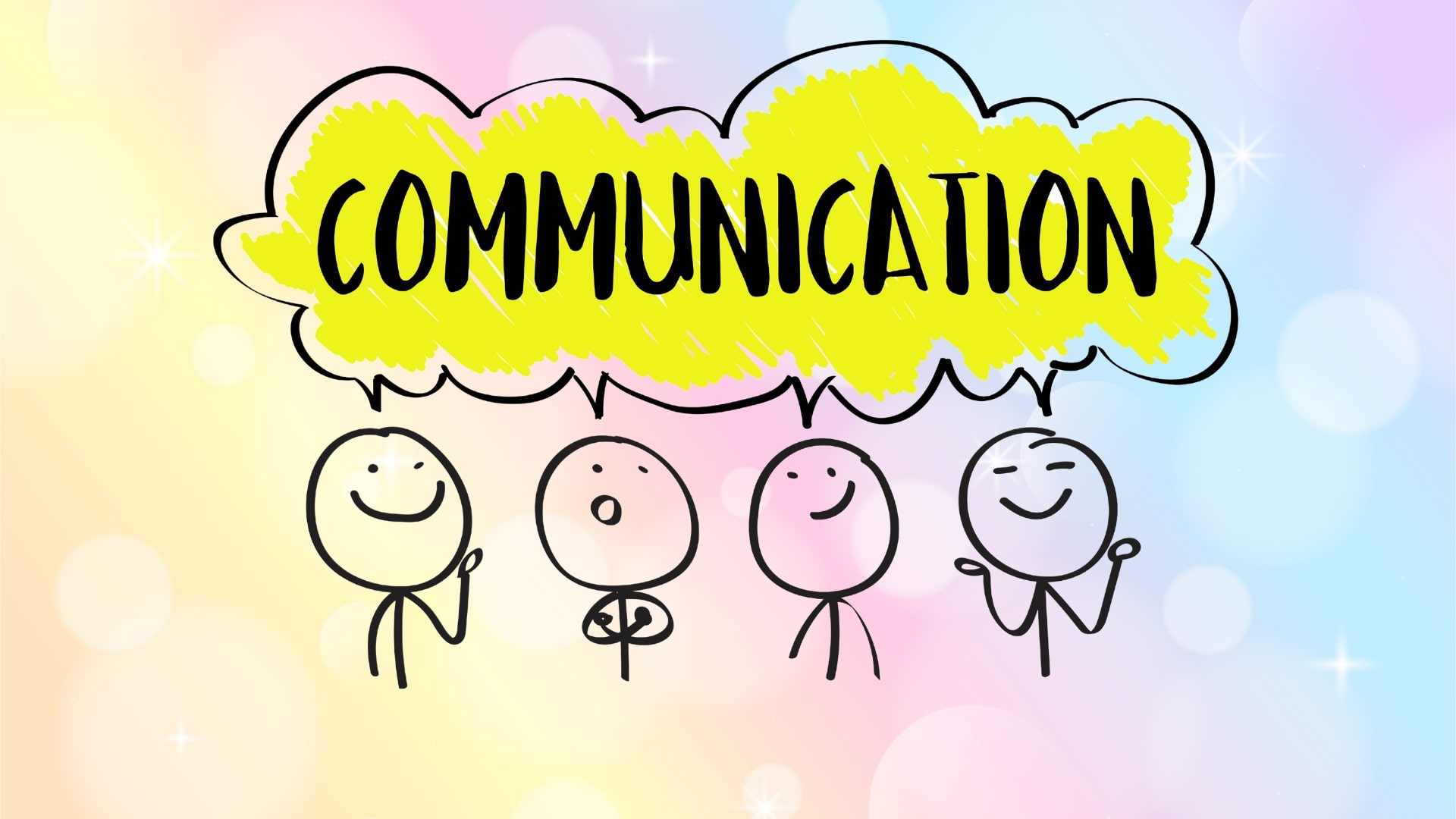Tips on How to Find Common Ground
Effective communication is a vital skill for early childhood educators, both in the classroom and when working with colleagues. It’s not always easy to navigate conversations and disagreements, but by approaching them with the right mindset, educators can find common ground and achieve their shared goals.
In this article, we will explore three tips on how to argue effectively and find common ground from a debate champion. These tips include choosing curiosity over clash, treating conversation as a climbing wall, not as a cage fight, and anchoring in purpose. By implementing these tips, educators can foster a positive and collaborative work environment, improve their communication skills, and ultimately make a greater impact on the lives of their students.
Tips for Effective Collaboration
How Early Childhood Educators Can Foster Positive Relationships with Colleagues
These tips can be helpful for early childhood educators when interacting and collaborating with their coworkers in the following ways:
Choose curiosity over clash
When working with colleagues, it’s important to approach conversations and disagreements with a sense of curiosity and openness. By doing so, educators can avoid conflicts and find common ground with their coworkers. This approach can lead to a more positive and collaborative work environment where everyone’s ideas are heard and valued.
Treat conversation as a climbing wall, not as a cage fight
Treating conversations as a climbing wall can help educators maintain a positive and productive relationship with their coworkers. It encourages them to listen actively, consider different perspectives, and work together to find solutions to problems. By doing so, they can create a supportive and collaborative work environment that fosters creativity, innovation, and success.
Anchor in purpose
Finally, anchoring in purpose can help educators align their goals and objectives with those of their coworkers. By keeping their purpose in mind, they can work together more effectively to achieve their shared goals and make a greater impact on the lives of their students. It also helps to build trust and mutual respect among colleagues, leading to a more cohesive and effective team.

How Early Childhood Educators Can Use These Tips to Benefit Their Students
As early childhood educators, it’s important to create a positive and supportive learning environment that encourages growth and success for students. Let’s take a closer look at each of these tips and how they can benefit young learners.
Fostering a Growth Mindset
Choosing curiosity over clash can help educators foster a growth mindset in their students by encouraging them to approach problems and challenges with a sense of curiosity and openness rather than a fixed mindset where they feel stuck and unable to make progress. In the classroom, teachers can model this approach by asking questions, encouraging inquiry and exploration, and avoiding shutting down ideas that may seem challenging or different.
Creating a Safe Environment
Treating conversation as a climbing wall rather than a cage fight can help educators create a safe and supportive classroom environment where students feel comfortable expressing their thoughts and ideas without fear of judgment or ridicule. Teachers can encourage respectful and constructive communication by modeling active listening skills, encouraging students to consider different perspectives, and acknowledging the value of diverse opinions.
Staying Focused on Goals
By anchoring in purpose early childhood educators can help stay focused on their goals and objectives for their students. By keeping their purpose in mind, teachers can make sure that all their efforts and actions are aligned with their vision for their students’ learning and development. This can help them to make more informed decisions about lesson plans, teaching strategies, and classroom management techniques, ultimately leading to better outcomes for their students.

By fostering a growth mindset, creating a safe environment, and staying focused on goals, early childhood educators can create a positive and supportive learning environment that encourages success and sets their students on a path to lifelong learning.

Elevate your teaching skills and stay ahead of the curve! Receive our monthly Insights, packed with professional development opportunities, classroom inspiration, and the latest trends in education. Don’t miss out on the chance to take your teaching to the next level. Subscribe now!







